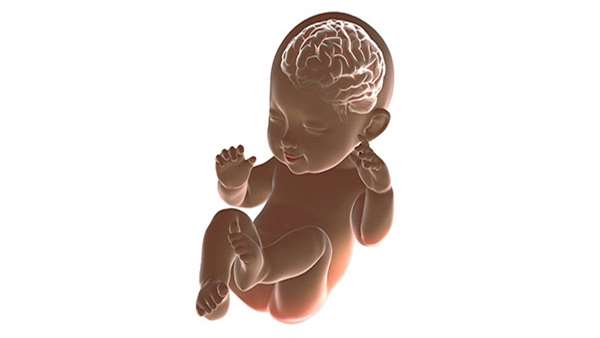Researchers discover key genomic management partners in brain development
Researchers at St. Jude Childrens Research Hospital have discovered how two proteins interact to control hundreds of genes that build the developing human brain.
Researchers at St. Jude Children"s Research Hospital have discovered how two proteins interact to control hundreds of genes that build the developing human brain. The scientists found that the proteins UTX and 53BP1 link to activate the program by which the genes control the development of immature pluripotent stem cells into functioning neurons and brain structures.
The findings appear today as an advance online publication in the journal Nature Neuroscience. Neurobiologist Jamy Peng, Ph.D., an assistant member of the St. Jude Department of Developmental Neurobiology, led the research. Xiaoyang Yang, Ph.D., and Beisi Xu, Ph.D., were co-first authors.
The protein UTX was known as an epigenetic regulator of chromosomes in brain development, but until now the other proteins involved in the process were unknown. Epigenetic controls manage switching genes on or off to orchestrate development from generic cells to specialized cells like a neuron. The genome of thousands of individual genes is like data stored on a computer disk, but the epigenome is like a computer program that controls how stored data are read.
The findings have potential clinical implications because abnormalities in the UTX function cause defects in brain development such as the rare Kabuki syndrome and the braintumor medulloblastoma.
Reference:https://www.nature.com/articles/s41593-018-0328-5





ارسال به دوستان